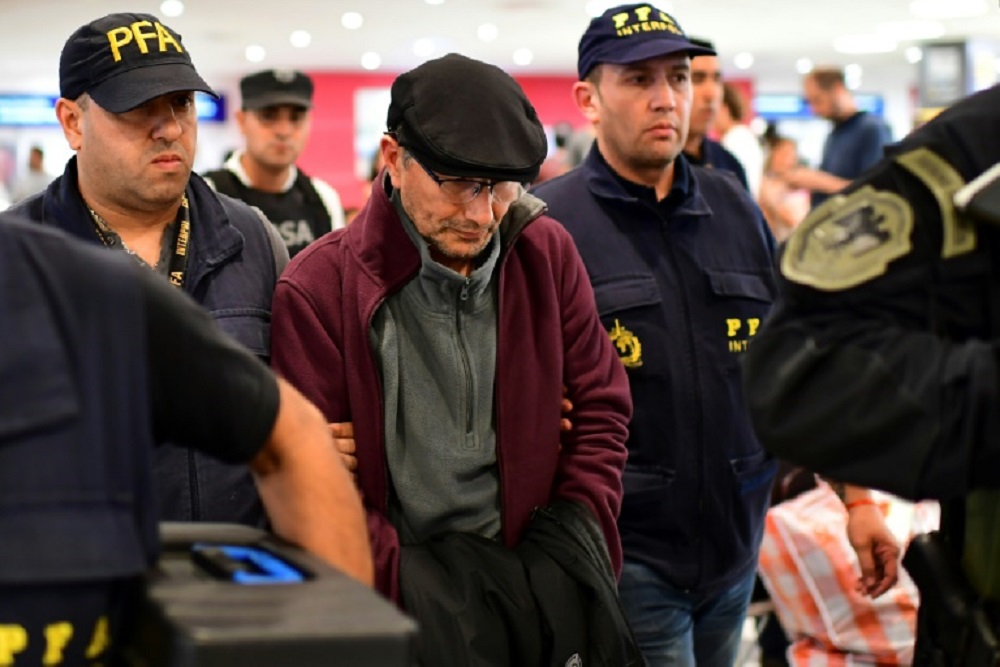The European Parliament (MEPs) has passed a resolution condemning the mass incarceration of Uyghur concentration camps in northwest China’s Xinjiang Uyghur Autonomous Region (XUAR).
The MEPs express serious concern about China’s repression of the Uyghurs and call on the Chinese government to close the Uyghur concentration camps in Xinjiang immediately.
They further demanded unregulated access to the region for independent journalists, international observers and the United Nations High Commissioner for Human Rights.
MEPs sturdily express disapproval over thousands of Uyghurs and ethnic Kazakhs being sent to re-education camps based on a system of predictive policing.
They demanded the Chinese government immediately end the practice of arbitrary detentions without any charge, trial or conviction for a criminal offense and ask them to immediately release all detained persons.
The resolution was passed a day after the house presented the 2019 Sakharov human rights award to the daughter of jailed Uyghur scholar Ilham Tohti.
Tohti was given the award for fighting for the rights of the Uyghur minority in the XUAR, where authorities are believed to have detained about 1.8 million Uyghurs and other Muslim minorities in various re-education camps since April 2017.
Ilham Tohti, a former professor of economics at the Central University for Nationalities in Beijing, was sentenced to life in prison for separatism by the Urumqi Intermediate People’s Court in the XUAR on September 23, 2014.
The detainees are accused of harboring strong religious views and politically incorrect ideas against the Chinese government.
About Uyghur concentration camps
The Uyghurs concentration camps were established under General Secretary Xi Jinping’s administration and led by hardline party secretary, Chen Quanguo.
These camps are reportedly operated outside the legal system, detaining many Uyghurs without trial, nor any charges been levied against them.
Although Beijing initially denied the existence of the Uyghur concentration camps, recently China changed tactics and began referring to the facilities as boarding schools. Schools that provide vocational training for Uyghurs, discourage radicalization and help protect the country from terrorism.
The resolution also expressed concern over the harassment of Uyghurs abroad by the Chinese authorities in order to force them to act as informants against other Uyghurs.
It further tasked parliament to adopt targeted sanctions and asset freezes, should they be deemed appropriate and effective, against the Chinese officials responsible for devising and implementing the policy of Uyghur concentration camps.
Reactions to the passed resolution
Prior to the passage, the exiled leader of China’s minority Muslim Uighurs has requested countries cut ties with Beijing, over its treatment of Uyghurs.
Dolkun Isa, president of the Munich-based group, World Uyghur Congress (WUC) also welcomed the passing of the resolution, stressing he would continue to fight for the freedom of all detainees.
Isa is slated to meet Europe, Asia, North America, and Swiss Foreign Ministry officials to lobby for support.
The United States has also criticized Beijing for what is referred to as an overwhelming and growing body of evidence of gross human rights violations in the Xinjiang region.
German Foreign Minister Heiko Maas has stated that if indeed hundreds of thousands of Uighurs are being detained in re-education camps, then the international community cannot close their eyes.
What are they hiding here?

Leaked Chinese government documents reveal the prison-like detention and indoctrination taking place at camps in China’s Xinjiang region, where ethnic minority Muslims — known as Uighurs — are being held. The documents were obtained, verified and translated by the International Consortium of Investigative Journalists in collaboration with CBC News.
All lessons are taught in Mandarin and it “should be gradually used in daily life to communicate,” effectively banning the use of any Uighur language. China has been criticized by human rights groups and the U.S. State Department for trying to erase any ethnic identity in these camps other than Han Chinese.
Adrian Zenz, a leading researcher on the Uighur crisis and senior fellow in China studies at the Washington-based Victims of Communism Memorial Foundation said:
In my opinion, what we are looking at in Xinjiang is probably the largest internment of an ethno-religious minority since the Holocaust.
Zenz estimates as many as 1.8 million Uighurs are or have been in them over the last three years. These camps have apparently been operational since 2017.








